- Overview
- What is EPR for Plastic Waste?
- Who Needs EPR Registration for Plastic Waste
- Legal Framework
- Certification Process
- Documents Required
- Products (Plastic Packaging) Covered Under EPR
- Benefits of Plastic Waste Certification
- Responsibilities After Getting the EPR Certificate
- How SS Global Services Helps
- Frequently Asked Questions (FAQ)
Overview
Plastic waste is one of the biggest environmental challenges in India, and to tackle this issue, the Extended Producer Responsibility (EPR) framework was introduced under the Plastic Waste Management (PWM) Rules, 2016, and further amended in 2022. These rules make it mandatory for Producers, Importers, and Brand Owners (PIBOs) to take responsibility for the collection, recycling, and environmentally safe disposal of plastic waste generated from their products and packaging.
EPR for plastic waste is not just a legal requirement but also a sustainability commitment for businesses. Under this framework, companies are expected to ensure that the plastic materials they introduce into the market are either collected back, recycled, or disposed of responsibly without harming the environment.
The process involves registration on the Central Pollution Control Board (CPCB) EPR Portal, submission of an action plan for plastic waste management, and fulfilling annual collection and recycling targets as per government guidelines.
By obtaining EPR Registration for Plastic Waste, businesses can continue their operations legally in India while also building a positive brand image as an environmentally responsible organization. For manufacturers, importers, and brand owners, this compliance ensures smooth business continuity while avoiding penalties, license cancellations, or legal action.
As a leading EPR for Plastic Waste Certification Consultant in India, SS Global Services simplify this entire process by providing end-to-end consultancy—from eligibility assessment and documentation to CPCB portal registration and securing EPR authorization. With our expertise, businesses achieve fast approval, hassle-free compliance, and ongoing support for meeting their yearly EPR targets.
Get Service NowWhat is EPR for Plastic Waste?
Plastic waste is one of the fastest-growing environmental challenges in India. To address this, the government introduced Extended Producer Responsibility (EPR) for Plastic Waste, making it mandatory for producers, importers, and brand owners of plastic packaging to take responsibility for the collection, recycling, and environmentally safe disposal of the plastic they generate.
Under EPR, businesses are required to ensure that an equivalent quantity of plastic packaging introduced into the market is either collected back or sent for recycling through CPCB-authorized Plastic Waste Processors (PWPs). This system not only reduces environmental pollution but also promotes a circular economy, where plastic materials are efficiently reused rather than ending up in landfills or water bodies.
Why EPR is Mandatory for Plastic Waste in India?
The Plastic Waste Management Rules (PWM) 2016, amended in 2022, legally mandate EPR for all producers, importers, and brand owners (PIBOs). The Central Pollution Control Board (CPCB) monitors compliance, while State Pollution Control Boards (SPCBs) assist with implementation at the state level.
- Ensures environmentally responsible management of plastic waste.
- Sets recycling targets for different categories of plastic packaging, including rigid plastics, flexible plastics, multilayered plastics, and compostable plastics.
- Promotes eco-friendly practices and supports the government’s vision of reducing plastic pollution.
- Non-compliance can lead to penalties and legal action under the PWM Rules.
Note: By implementing EPR, businesses not only meet regulatory requirements but also enhance their brand reputation as responsible and environmentally conscious organizations.
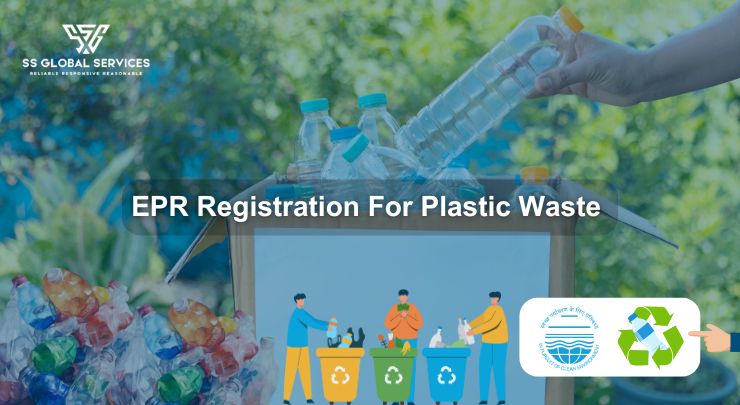
Who Needs EPR Registration for Plastic Waste?
Extended Producer Responsibility (EPR) for plastic waste applies to all stakeholders in the plastic packaging supply chain who introduce plastic into the Indian market. Compliance is mandatory under the Plastic Waste Management (PWM) Rules, 2016 & 2022, and failure to register can lead to penalties and restrictions on business operations.
The following entities are required to obtain EPR Registration for Plastic Waste:
- Producers:
Companies manufacturing plastic packaging or products that contain plastic materials for sale in India.
- Importers
Businesses importing plastic packaging or products containing plastic from other countries into India.
- Brand Owners:
Companies selling products under their own brand name, even if they do not manufacture the packaging themselves.
- Plastic Waste Processors (PWPs):
Authorized recyclers and processors who manage the collection, recycling, or disposal of plastic waste generated from EPR obligations.
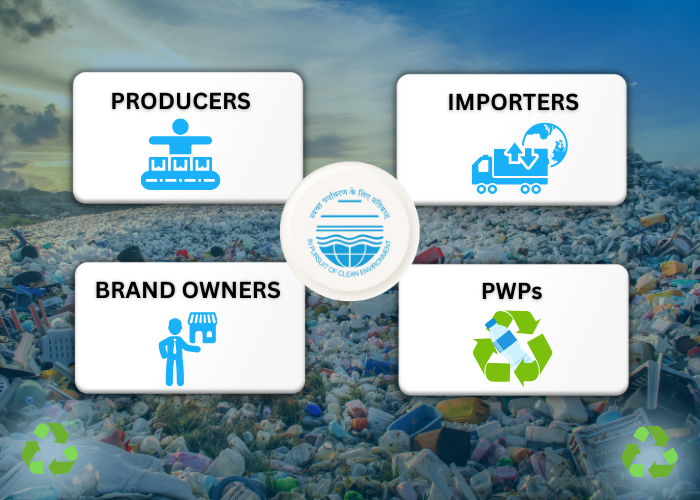
Obtaining EPR registration ensures that your company is fully compliant with the CPCB guidelines and is legally allowed to produce, import, or sell plastic-packaged products in India. Additionally, it demonstrates a commitment to sustainable business practices and environmental responsibility, which can enhance brand reputation and consumer trust.
Legal Framework for EPR Plastic Waste in India
The Extended Producer Responsibility (EPR) for Plastic Waste is governed by the Plastic Waste Management (PWM) Rules, 2016, which were subsequently amended in 2022 to strengthen accountability and compliance. These rules define the responsibilities of producers, importers, brand owners, and plastic waste processors (PWPs) to manage plastic waste in an environmentally responsible manner.
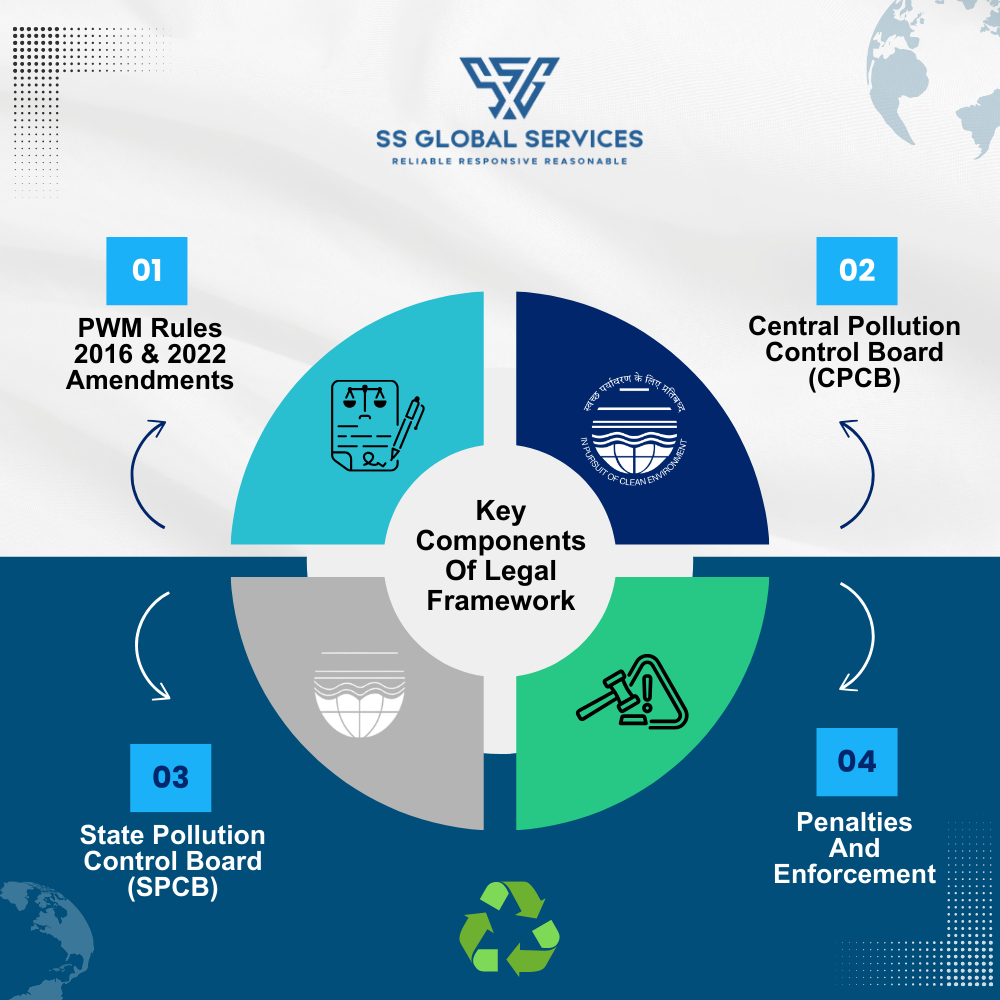
Key Components of the Legal Framework
- PWM Rules 2016 & 2022 Amendments
The 2016 rules introduced EPR obligations for producers and importers of plastic packaging. The 2022 amendments specify plastic packaging categories, set recycling targets, and mandate registration through a centralized CPCB portal.
- Central Pollution Control Board (CPCB)
Acts as the nodal authority for EPR implementation at the national level. Monitors compliance, verifies data submitted by producers, and ensures that recycling targets are met
- State Pollution Control Boards (SPCBs)
Assist with on-ground implementation of EPR obligations. Conduct inspections, issue notices for non-compliance, and facilitate coordination with registered PWPs.
- Penalties and Enforcement
Non-compliance with EPR regulations can result in financial penalties, environmental compensation, and restrictions on selling plastic-packaged products in India. Businesses are required to maintain records of plastic consumption, collection, and recycling, which may be audited by CPCB or SPCBs
By understanding the legal framework, businesses can ensure full compliance with Indian plastic waste regulations, avoid penalties, and contribute to sustainable waste management practices in line with government mandates.
Process of EPR Registration for Plastic Waste
Obtaining EPR registration for plastic waste is a crucial step for producers, importers, and brand owners to comply with Indian regulations. The process has been streamlined through a centralized CPCB portal, making it easier for businesses to meet their obligations under the Plastic Waste Management (PWM) Rules, 2016 & 2022.
- 1. Assess Your Obligations:
Determine if your business qualifies as a Producer, Importer, or Brand Owner (PIBO) under the PWM Rules. This assessment is crucial as it dictates your responsibilities regarding plastic waste management and EPR compliance.
- 2. Register on the CPCB EPR Portal:
Visit the official CPCB EPR portal at (eprplastic.cpcb.gov.in) and create an account by providing basic company details. This portal serves as the primary platform for all EPR-related activities.
- 3. Submit Required Documents:
Complete the online application form on the portal, providing information about your plastic packaging types and quantities. Upload necessary documents such as GST registration, company PAN, and details of your waste management plan.
- 4. Calculate Recycling Targets:
Determine the collection and recycling targets for your plastic packaging category through the portal based on regulatory guidelines set by CPCB.
- 5. Select Plastic Waste Processors (PWPs)
Engage CPCB-authorized Plastic Waste Processors to handle the collection, recycling, and environmentally responsible disposal of your plastic waste.
- 6. Pay Applicable Fees:
Depending on your business's scale and plastic waste generation, pay the required registration fee. The fee structure is based on the volume of plastic waste introduced into the market, with higher volumes attracting higher fees.
- 7. Receive EPR Authorization Certificate:
After verification of all documents and compliance measures, CPCB issues the official EPR certificate, granting legal authorization to manufacture, import, or sell plastic-packaged products.
- 8. Maintain Ongoing Compliance:
Post-registration, businesses must submit annual returns detailing plastic consumption, collection, and recycling efforts. Continuous coordination with authorized Plastic Waste Processors (PWPs) is essential to meet regulatory targets and avoid penalties.
Step-by-Step Process:

Note: By following this process, companies can achieve timely and hassle-free EPR registration for plastic waste, ensuring full compliance with government regulations while supporting environmentally responsible practices.
Documents Required for EPR Registration for Plastic Waste
Obtaining EPR registration for plastic waste requires careful preparation and submission of documents that validate your company’s eligibility and commitment to environmentally responsible practices. Proper documentation ensures a smooth review process by the Central Pollution Control Board (CPCB) and minimizes delays in obtaining authorization.
To complete EPR registration for plastic waste, the following documents are generally required from Producers, Importers, Brand Owners (PIBOs), and Plastic Waste Processors (PWPs):
- PAN, GST, and CIN of the Company:
Essential for tax and legal identification.
- IEC Certificate (for Importers):
Import Export Code issued by the Directorate General of Foreign Trade.
- Aadhaar or PAN of Authorized Signatory:
Identity proof of the person authorized to apply.
- DIC Registration (if applicable):
For units registered under the District Industries Centre.
- Geo-tagged Photographs:
Images of raw material storage, production area, product dispatch area, and plant machinery (mandatory for PWPs).
- Process Flow Diagrams (for Producers & PWPs only):
Illustrating production, handling, and recycling processes.
- Consents from SPCB/PCC (if applicable):
Environmental consents under the Air/Water Acts for production units.
- Scanned Signatures of Authorized Persons:
For verification and official submissions.
- Covering Letter:
Brief introduction of the business and intent for EPR registration.
- Any Other Supporting Documents:
Optional documents that provide additional information to CPCB, such as agreements with recyclers, awareness program plans, or EPR strategy details.
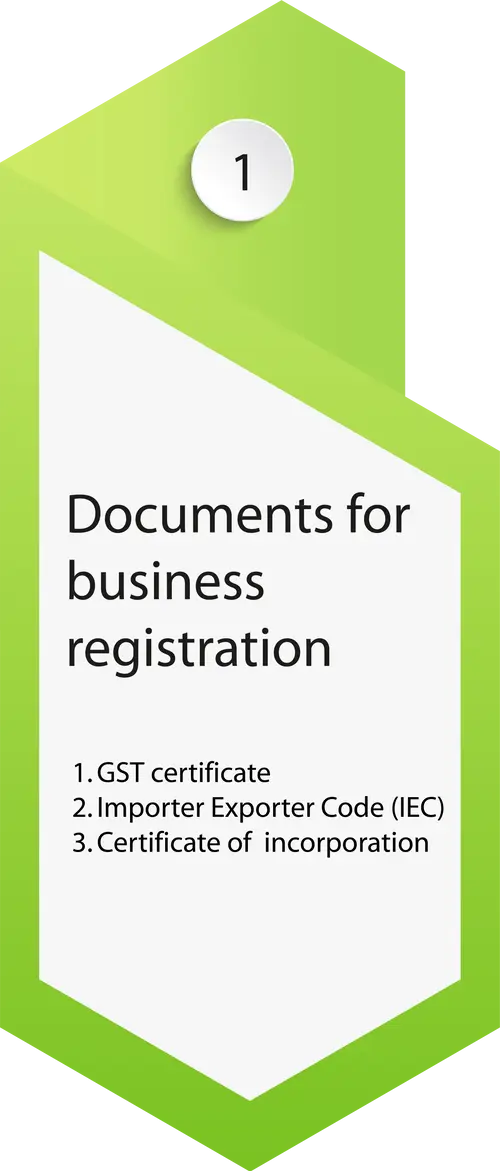
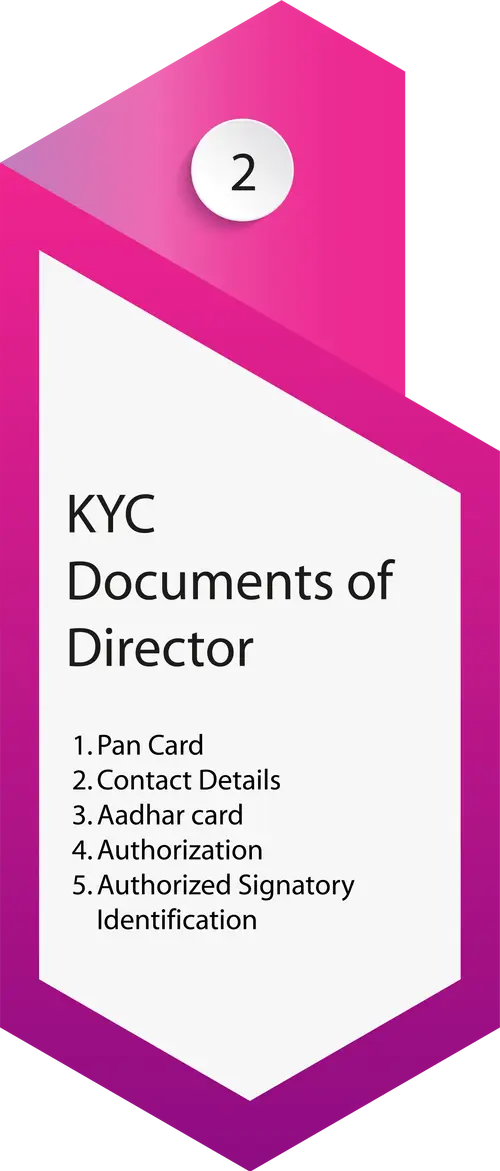

Note: Submitting complete and accurate documents is critical for CPCB to process your application efficiently. Ensure all documents are correct to avoid delays in EPR registration.
At SS Global Services, we provide end-to-end assistance, helping businesses prepare, organize, and submit all required documents so that the EPR registration process for plastic waste is fast, hassle-free, and fully compliant with regulatory standards.
Get Service NowProducts (Plastic Packaging) Covered Under EPR
Extended Producer Responsibility (EPR) under the Plastic Waste Management (PWM) Rules, 2016 & 2022 applies to all businesses producing, importing, or selling plastic packaging in India. To comply with regulatory requirements, producers, importers, and brand owners must identify and categorize their plastic packaging products correctly.
Category-wise Plastic Packaging Covered Under EPR:
- Category I – Rigid Plastic Packaging:
Includes bottles, jars, containers, crates, drums, pails, and other hard plastic packaging used for beverages, food, chemicals, and industrial products.
- Category II – Flexible Plastic Packaging:
Single-layer or multi-layer flexible plastic materials such as bags, pouches, wrappers, sheets, and covers made of plastic. This category also includes carry bags, plastic sachets, and pouches commonly used for consumer goods.
- Category III – Multi-layered Plastic Packaging:
Packaging materials combining at least one layer of plastic with one or more layers of other materials, such as laminates used for snack foods, confectionery, and ready-to-eat products.
- Category IV – Plastic Sheets and Compostable Carry Bags:
Thin plastic sheets used for packaging, as well as compostable plastic carry bags, including biodegradable options.
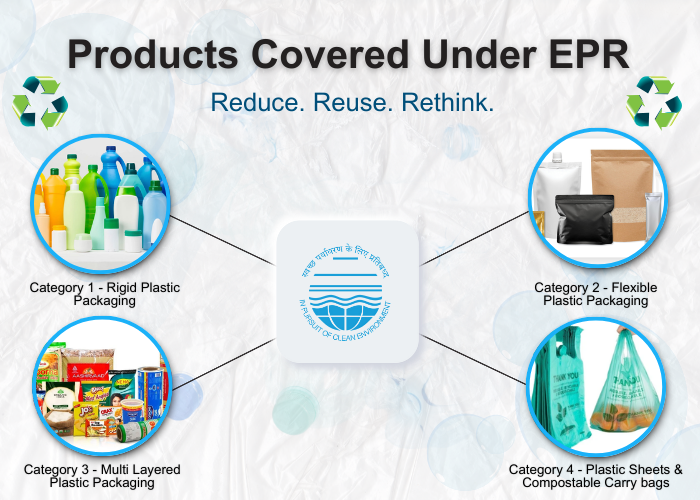
Banned Single-Use Plastic Items in India:
As per the Plastic Waste Management (Amendment) Rules, 2021, it became illegal from 1st July 2022 to manufacture, import, stock, sell, distribute, or use certain single-use plastic (SUP) items in India. This ban is part of the government’s efforts to reduce plastic pollution and promote sustainable alternatives.
- Earbuds with plastic sticks
- Plastic sticks for balloons
- Plastic flags
- Candy sticks
- Ice cream sticks
- Polystyrene (Thermocol) used for decoration
- Plates, cups, glasses
- Forks, spoons, knives
- Straws
- Trays
- Wrapping or packing films around sweet boxes
- Invitation cards
- Cigarette packets
- Plastic/PVC banners less than 100 microns
- Stirrers
List of Banned Single-Use Plastic Items:
Benefits of EPR Registration for Plastic Waste
Extended Producer Responsibility (EPR) registration is not just a regulatory requirement but also a strategic step for businesses dealing with plastic packaging in India. By complying with the Plastic Waste Management Rules, companies gain several direct and indirect advantages.

Key Benefits of EPR Plastic Waste Certification:
- Legal Compliance and Risk Avoidance:
EPR registration ensures that producers, importers, and brand owners remain fully compliant with CPCB guidelines. It helps businesses avoid legal actions, penalties, or product bans due to non-compliance with waste management laws.
- Smooth Market Access:
Many e-commerce platforms, retail chains, and distributors now mandate EPR compliance before allowing product listings. With valid registration, companies can seamlessly access new markets and expand their reach.
- Enhanced Brand Reputation:
Consumers are increasingly conscious of eco-friendly practices. By adopting EPR, companies position themselves as environmentally responsible brands, improving trust, credibility, and long-term brand loyalty.
- Contribution to Sustainability Goals:
EPR encourages businesses to take responsibility for post-consumer plastic waste. This aligns with India’s national sustainability targets and also supports global ESG (Environmental, Social, Governance) commitments.
- Cost-Effective Waste Management:
Through EPR, companies can channelize plastic waste to authorized recyclers, reducing the costs associated with independent waste management while ensuring eco-friendly disposal.
- Competitive Advantage:
Being EPR-compliant can give businesses a strong edge over competitors who are yet to adopt sustainable practices, especially in industries where compliance is becoming a standard requirement.
Responsibilities After Getting the EPR Certificate
Obtaining the EPR (Extended Producer Responsibility) Certificate is only the beginning of compliance. Once the registration is approved, producers, importers, and brand owners must fulfill a set of responsibilities to ensure effective plastic waste management in line with CPCB guidelines.
- Meeting EPR Targets:
Every registered entity is required to achieve yearly collection and recycling targets, which are defined by the CPCB based on the type and quantity of plastic introduced in the market. These targets gradually increase over the years to ensure long-term sustainability.
- Filing Annual and Quarterly Returns:
Businesses must submit regular returns through the CPCB online portal. These filings include details of plastic packaging material introduced, waste collected, recycled, and the credits traded, ensuring transparency and traceability.
- Working with Registered Plastic Waste Processors (PWPs):
Producers and importers need to collaborate with authorized recyclers and waste processors. Only CPCB/State PCB registered PWPs are allowed, and their details must be included in the compliance reports.
- Trading and Using EPR Credits:
If a company exceeds its recycling targets, it can generate tradable credits. On the other hand, if it falls short, it may purchase credits from other compliant entities. This system encourages collective responsibility and flexibility in meeting obligations.
- Maintaining Records and Documentation:
All agreements, invoices, collection data, and recycling certificates must be properly documented. These records are subject to CPCB audits, and non-compliance can lead to penalties or cancellation of the EPR certificate.
Note: Fulfilling these responsibilities ensures long-term compliance and contributes to India’s sustainable plastic waste management system.
Get Service NowHow SS Global Services Helps with EPR Compliance
For many businesses, the real struggle begins after understanding the EPR rules—navigating the CPCB portal, preparing technical documents, and ensuring tie-ups with recyclers often becomes overwhelming. Small mistakes in filings or delays in meeting targets can even lead to penalties.
This is where SS Global Services steps in. With years of compliance expertise, our role is to take away the uncertainty and make the registration process smooth. We assist in preparing accurate documentation, coordinating with CPCB officials, and guiding companies in meeting their yearly recycling targets.
Beyond registration, we continue to support businesses with return filings and compliance monitoring. By connecting clients with authorized recyclers and processors, we make sure that obligations are not just met on paper but practically fulfilled.
Our approach is simple-clear guidance, timely action, and complete compliance support—so that businesses can stay focused on growth while we handle the regulatory complexities.
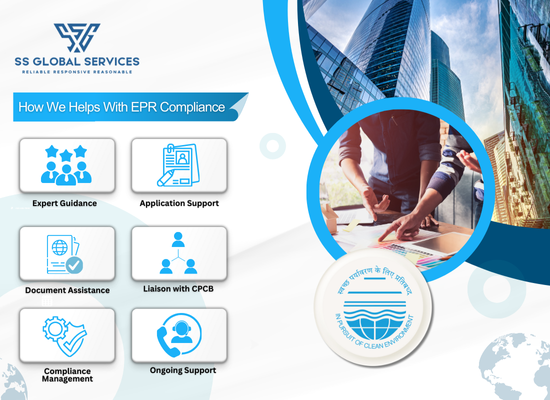
Frequently Asked Questions (FAQs)
Here are answers to some of the most common queries related to EPR Plastic Waste Authorization. Plastic Waste EPR often raises a lot of doubts for businesses, from understanding compliance steps to managing ongoing responsibilities. To make things easier, we’ve answered the most common questions so you can find quick and clear guidance in one place.
Our Top Services
At SS Global Services, we offer a complete range of certification and compliance services tailored to meet the needs of manufacturers, importers, and brand owners. From BIS and BEE certifications to EPR, WPC, TEC, and LMPC registrations, our expert-led process ensures fast approvals, minimal delays, and full legal compliance. Our top services are trusted by startups and global enterprises alike for their accuracy, reliability, and support at every step.
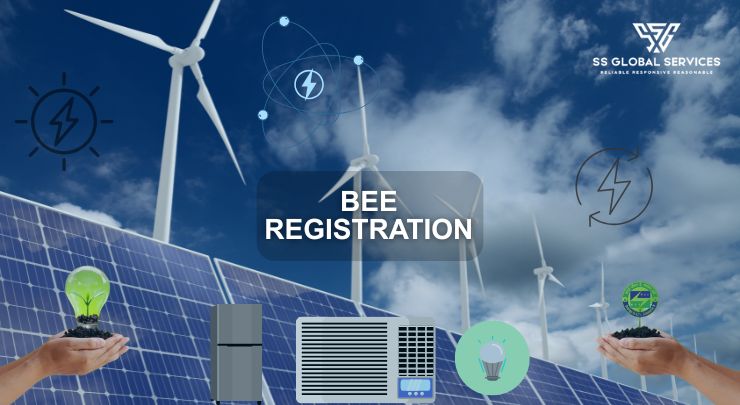
BEE registration for electrical appliances ensures energy efficiency compliance in Indian markets.

Mandatory CRS registration for electronics under BIS ensures product safety and performance compliance.
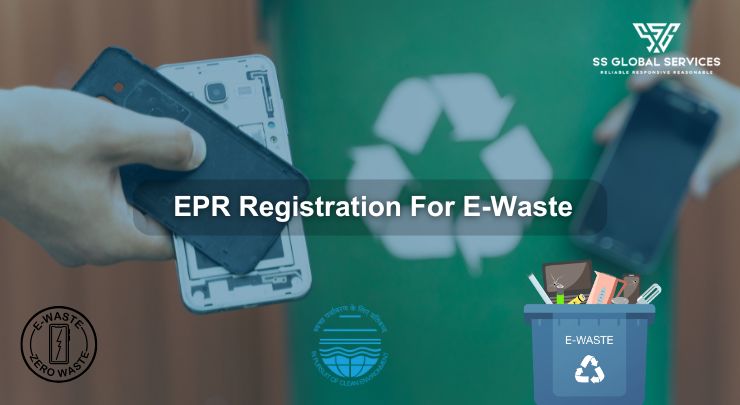
Register under CPCB's EPR policy to manage and dispose of e-waste responsibly and lawfully in India.

Plastic waste certification under EPR ensures legal compliance for producers and brand owners in India.
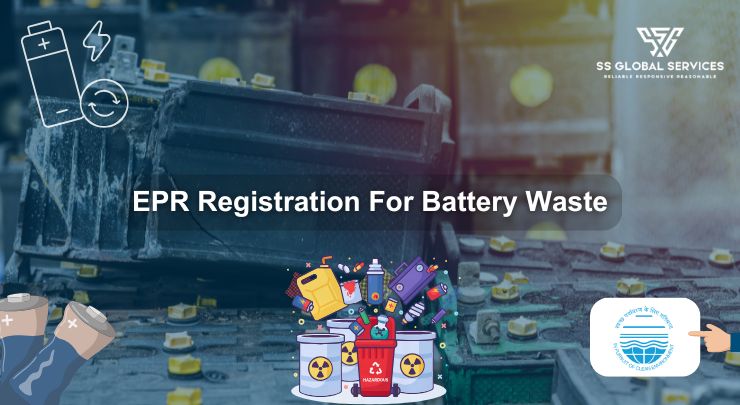
Battery waste registration ensures safe handling, recycling, and regulatory compliance for all producers.
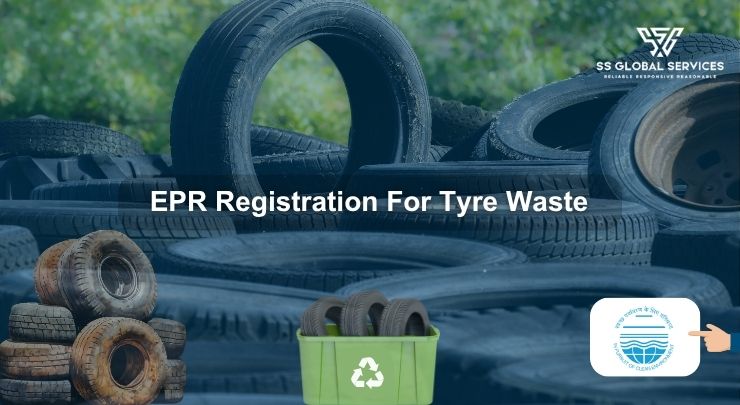
Tyre producer registration to comply with EPR norms and sustainable waste disposal systems.
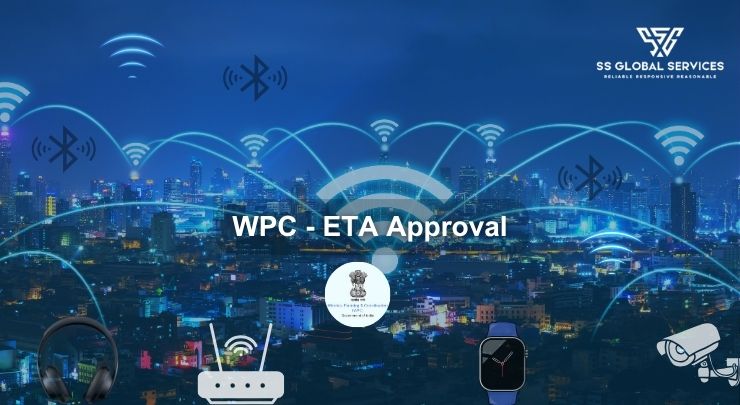
Mandatory ETA approval from WPC for importing RF-enabled wireless, Wi-Fi, and IoT devices in India.
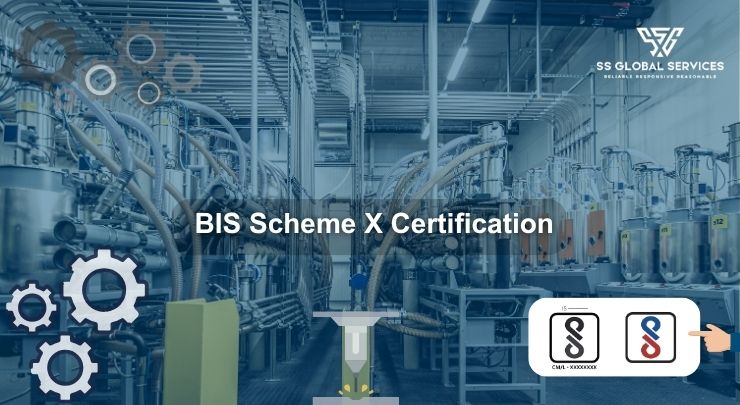
Certification under BIS Scheme-X is mandatory for specific products as per Indian regulatory standards.

Telecom and networking devices must be certified under TEC/MTCTE to be legally sold or used in India.
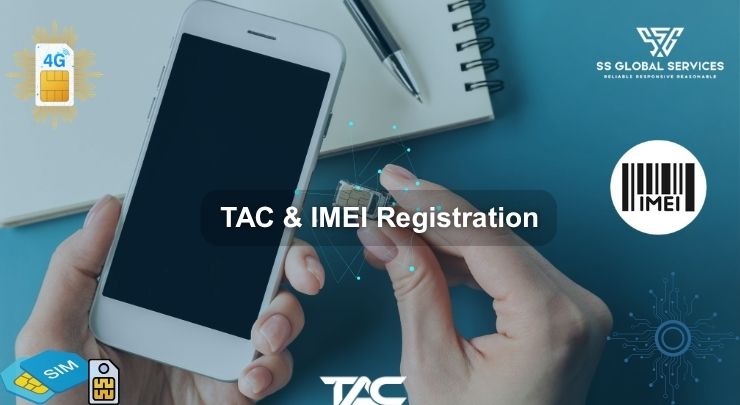
TAC and IMEI registration is required to legally import and sell mobile devices in the Indian market.
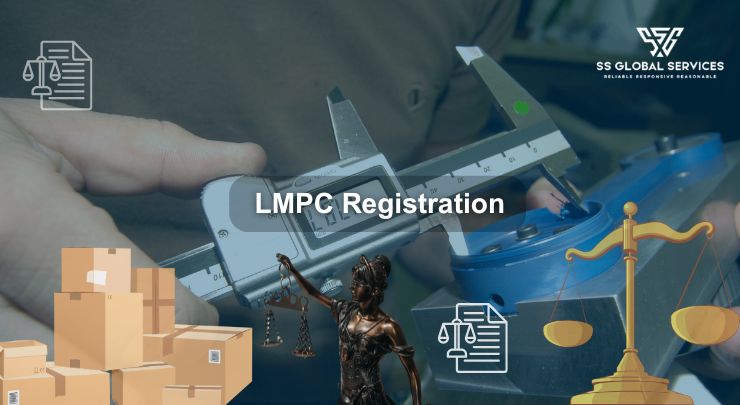
Legal Metrology registration for importers ensures proper labelling and packaging of goods in India.
Request Service Today!
Ready to get certified or need expert compliance support? Fill out the form below and our team at SS Global Services will connect with you shortly.
We offer fast, reliable, and hassle-free assistance for all BIS and regulatory certification needs.